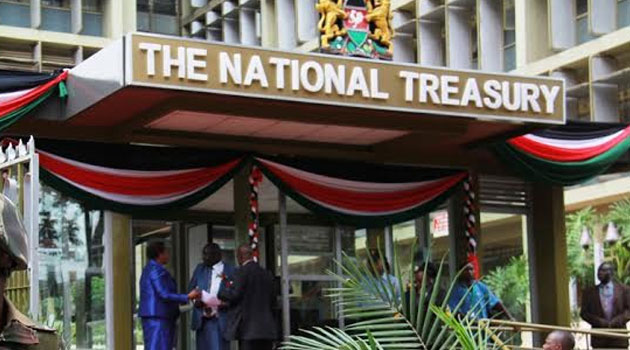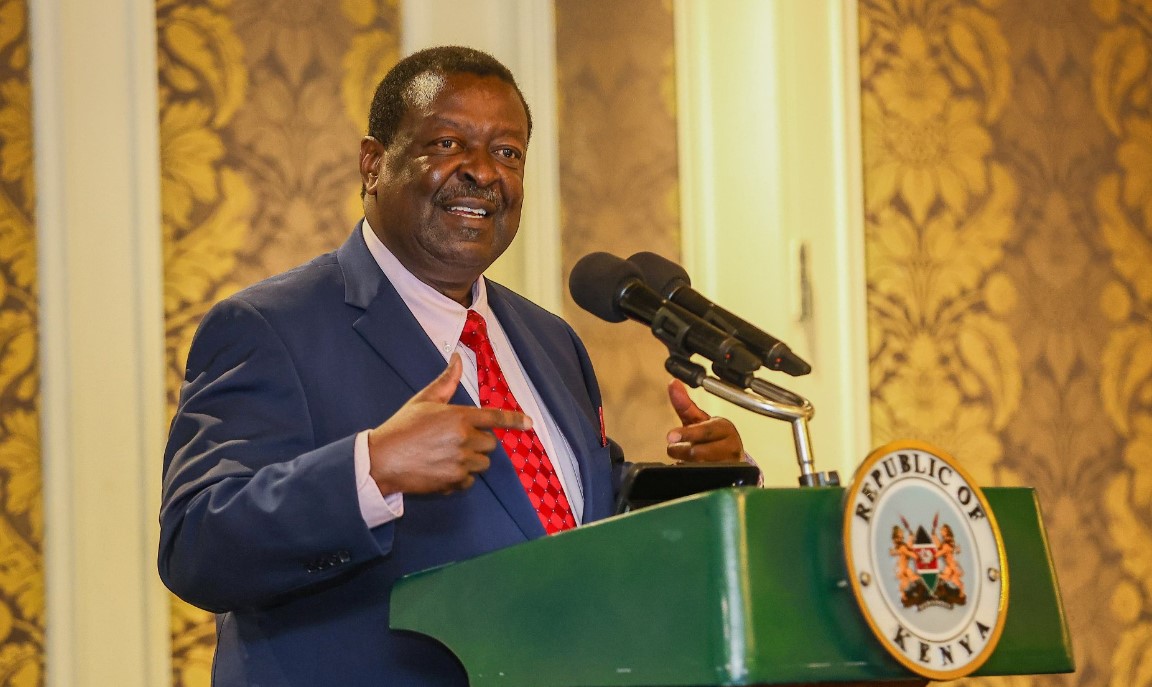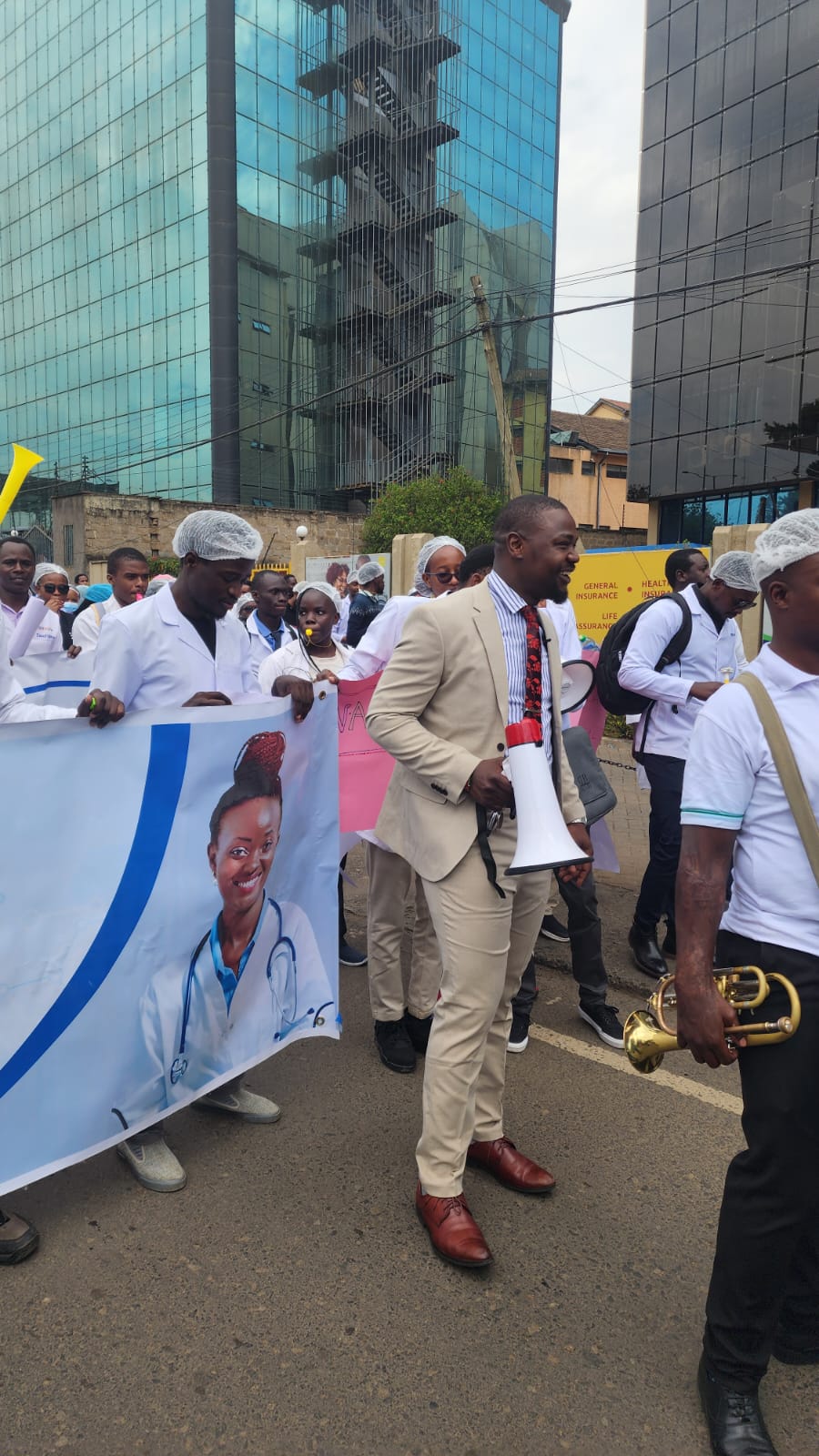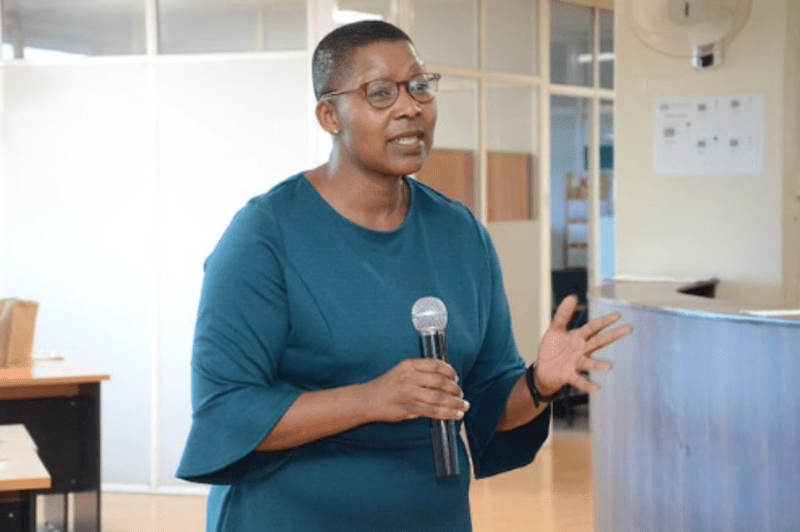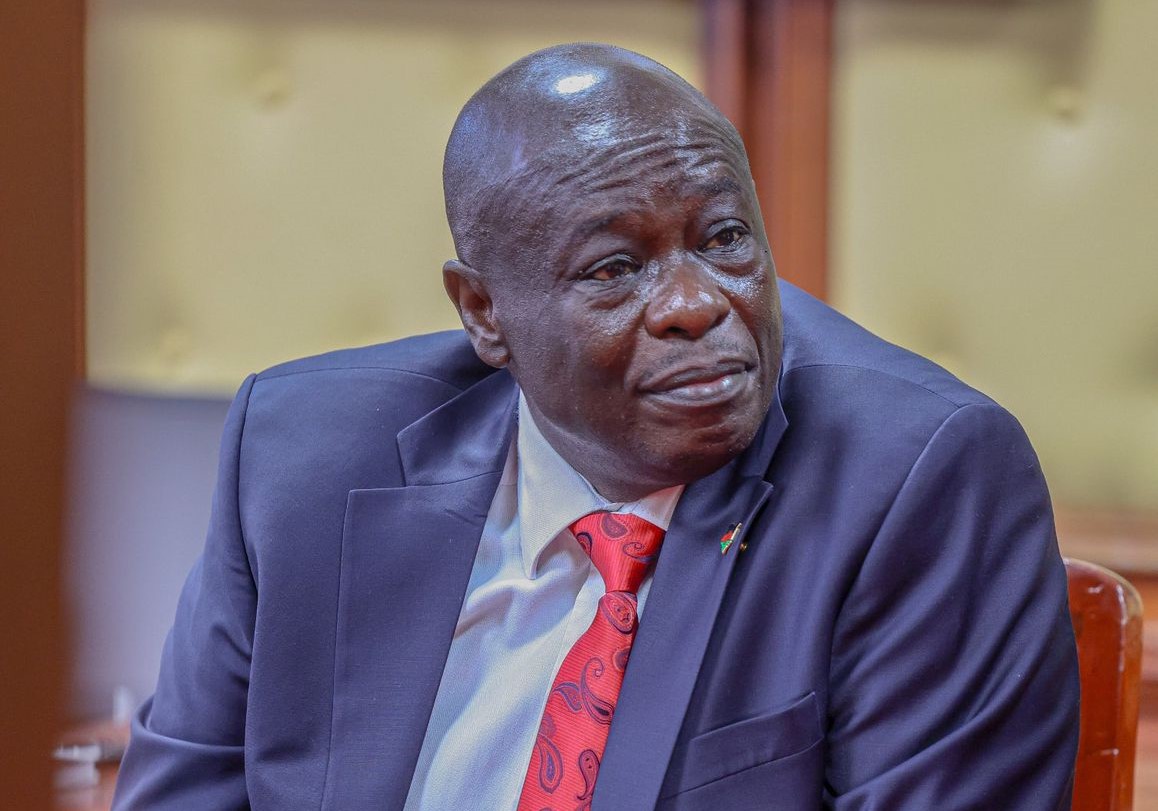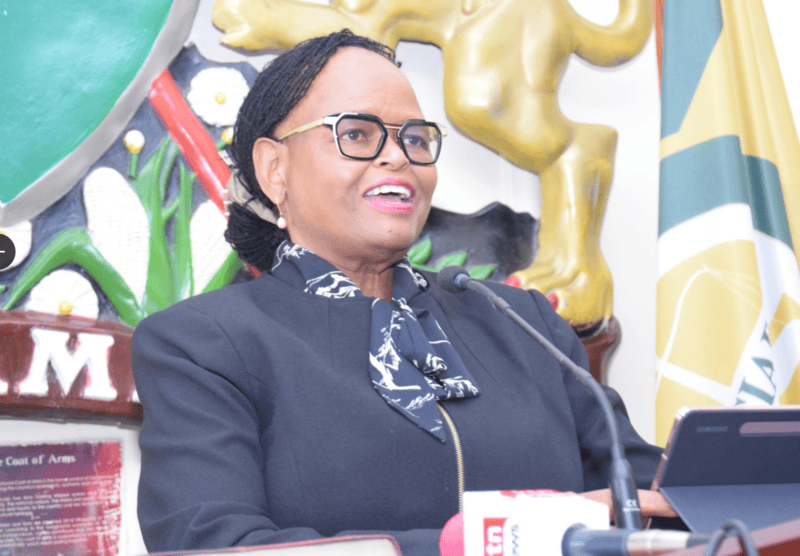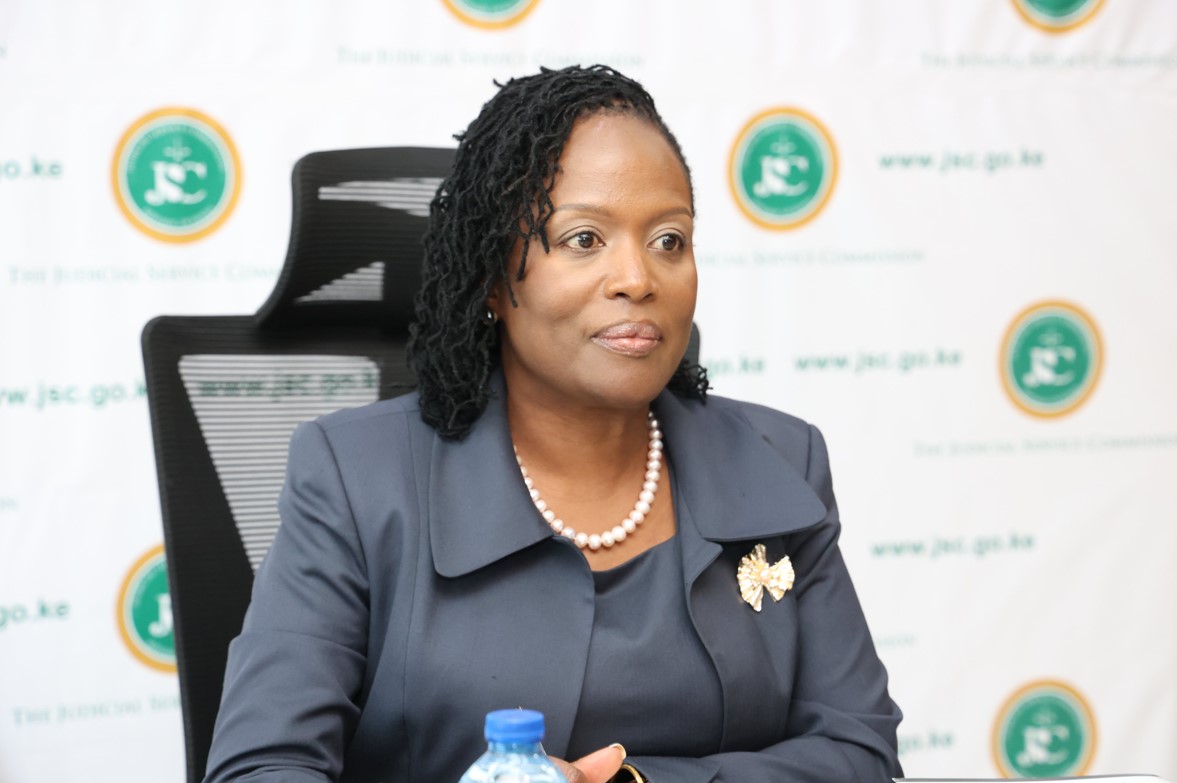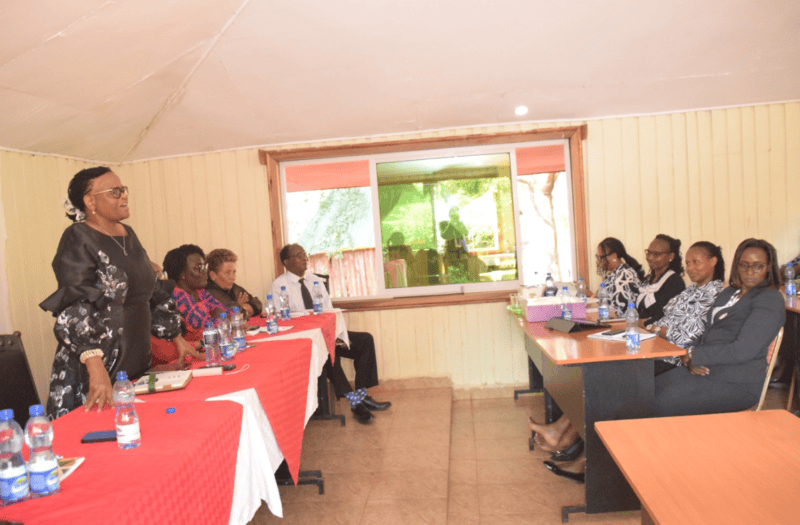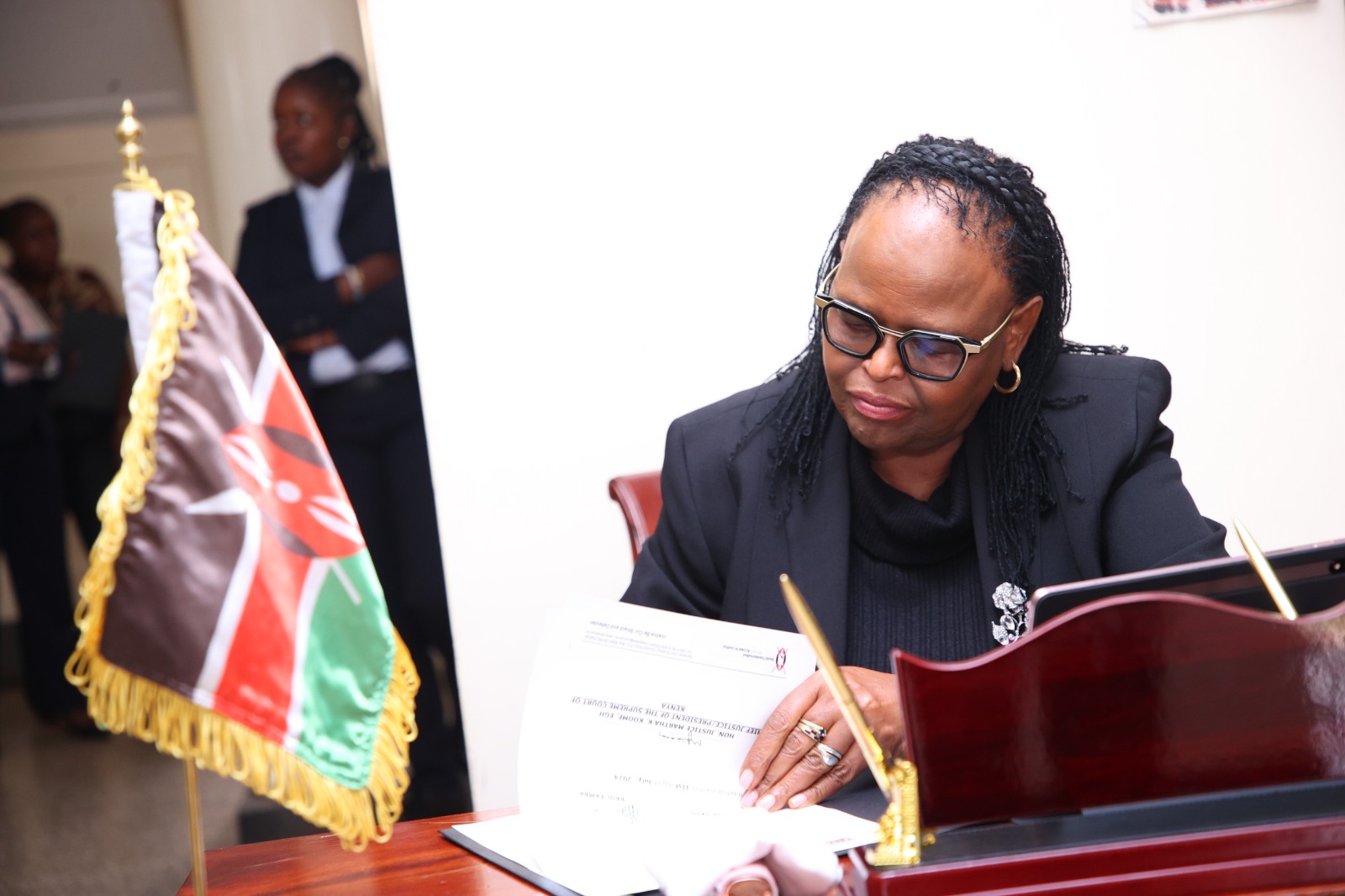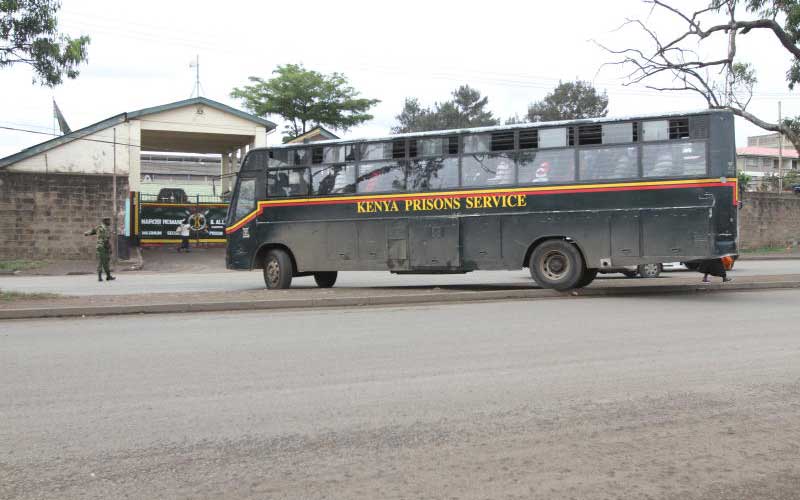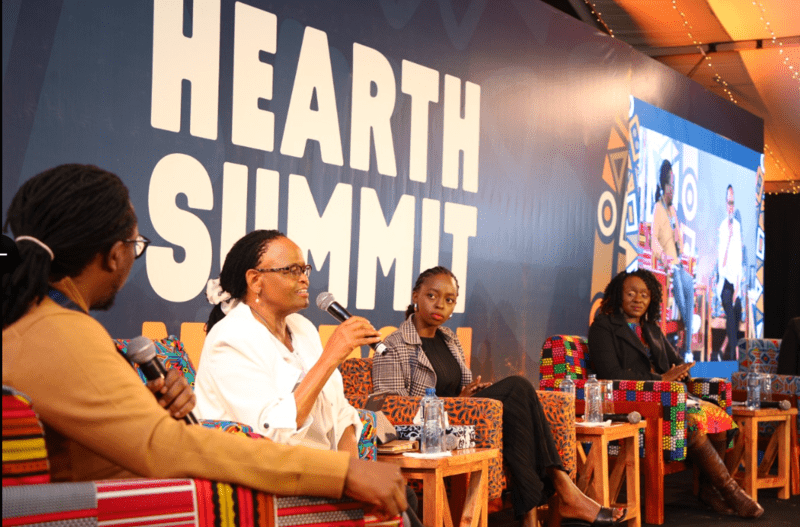Relief for SGBV victims as Judiciary operationalises 12 courts in hotspot areas
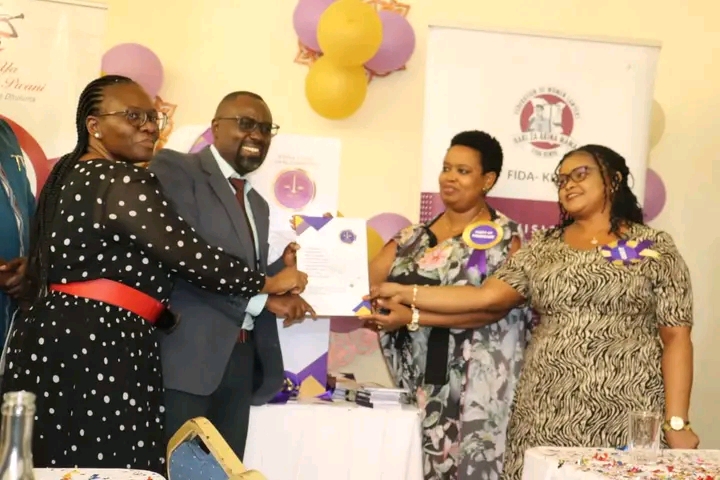
By Mishi Gongo |
Kwale is among the hotspots for SGBV in the country, with many victims opting to resolve matters traditionally, a method that blocks them from getting justice.
The judiciary has operationalised 12 courts in areas synonymous with sexual and gender-based (SGBV) violence in a bid to address the vice.
In a statement by Kenyan Chief Justice Martha Koome, the courts in Siaya, Kisumu, Mombasa and Kwale are staffed with specially trained judicial officers to ensure they tackle SGBV cases effectively and ensure victims get justice.
Keep reading
- Supreme Court overturns Court of Appeal’s decision declaring Finance Act, 2023 unconstitutional
- Ichung’wah accuses Judiciary of attempting to nullify bills forwarded to Ruto for assent
- All eyes on CJ Koome as Kenyans await appointment of deputy president
- Chief Justice Koome inaugurates Dagoretti Law Courts to address Nairobi case backlog
"We have trained officers who will be specifically handling SGBV cases. They have been trained on the intricacies related to SGBV, including survivors' needs, and are equipped to handle the complexities of such cases with the utmost sensitivity," reads the statement in part.
CJ Koome stated that the national data on the prevalence of SGBV presents a grim picture. According to the World Health Organisation, 1 in 3 women are at risk of SGBV in Kenya, while 18 per cent of young boys are at risk.
The Chief Justice issued her statement during the unveiling of a manual to tackle SGBV cases in Kwale by the Court Users Committee last week. She commended the judicial officials in the county for developing the manual to ensure timely justice for the victims.
"The development of the SGBV-SOP Manual is a testament to your determination to create a justice system that is both responsive and sensitive to the needs of SGBV survivors," said Koome.
Kwale is among the hotspots for SGBV in the country, with many victims opting to resolve matters traditionally, a method that blocks them from getting justice. Koome said the courts are designed to handle the delicate nature of SGBV cases, moving away from traditional approaches that often re-traumatise victims.
"Our role as the judiciary is steadfast in establishing a survivor-centred justice system that prioritises the plights and needs of SGBV survivors. We recognise that the journey to justice can be filled with challenges, and it is our duty to ensure that this journey does not re-traumatise those seeking justice," she said.
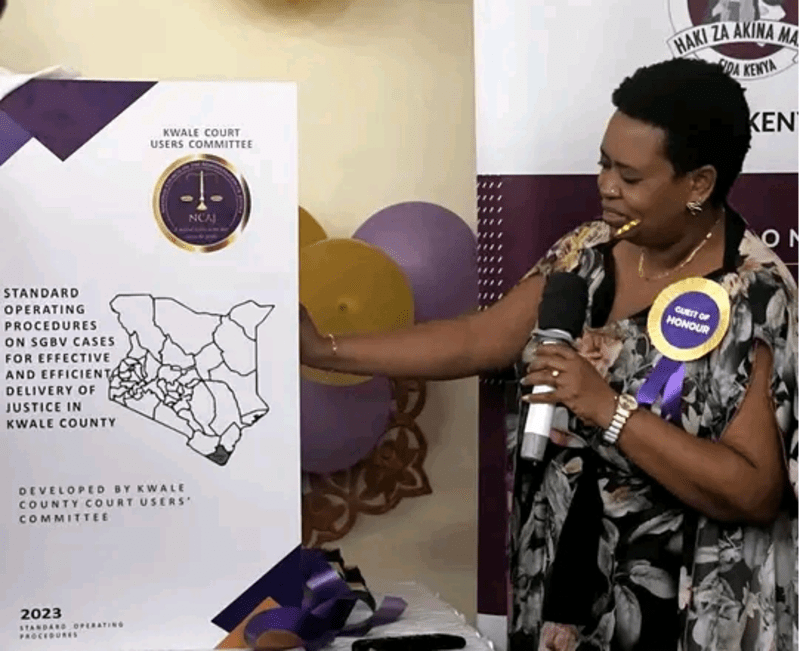 Chief guest justice Florence Macharia during the unveiling of a manual to tackle SGBV cases. (Photo: Mishi Gongo)
Chief guest justice Florence Macharia during the unveiling of a manual to tackle SGBV cases. (Photo: Mishi Gongo)
Koome praised the Kwale Court Users Committee's initiative to develop the Standard Operating Procedures as a commendable local innovation aimed at making the justice system more responsive to the experiences and needs of SGBV survivors.
"The courts operate under a trauma-informed framework that prioritises victims' safety, dignity, and privacy, ensuring that court procedures are sensitive to the unique challenges faced by survivors," reads Koome's statement.
She mentioned Kwale, Mombasa, Siaya, and Kisumu as among the hotspots for SGBV. "The launch of this SGBV-SOP Manual is therefore not only timely but also essential in our efforts to address this pervasive issue effectively," she said.
Chief Justice Koome further stated that the manual is a critical tool that will aid the justice system in responding appropriately and sensitively to the unique challenges posed by SGBV cases in this region.
She emphasised that the judiciary aims to ensure that judicial officers and everyone in the justice chain are trained and equipped to handle SGBV cases in a manner that does not re-traumatise victims.
"The goal is to have everyone involved in the justice chain understand the intricacies of SGBV and be equipped to handle such cases with the utmost sensitivity. This includes training all justice actors, from police officers to prosecutors, judicial officers, and staff, to ensure a cohesive and trauma-informed approach across the board," she said.
The Chief Justice said the judiciary is committed to working with other state and non-state agencies to facilitate access to survivors' comprehensive support services, including legal aid, counselling, medical care, and social support.
"By working together across the justice chain, we can overcome institutional, social, and structural barriers, providing a trauma-responsive justice system for survivors of SGBV," she said.
Reader comments
Follow Us and Stay Connected!
We'd love for you to join our community and stay updated with our latest stories and updates. Follow us on our social media channels and be part of the conversation!
Let's stay connected and keep the dialogue going!

